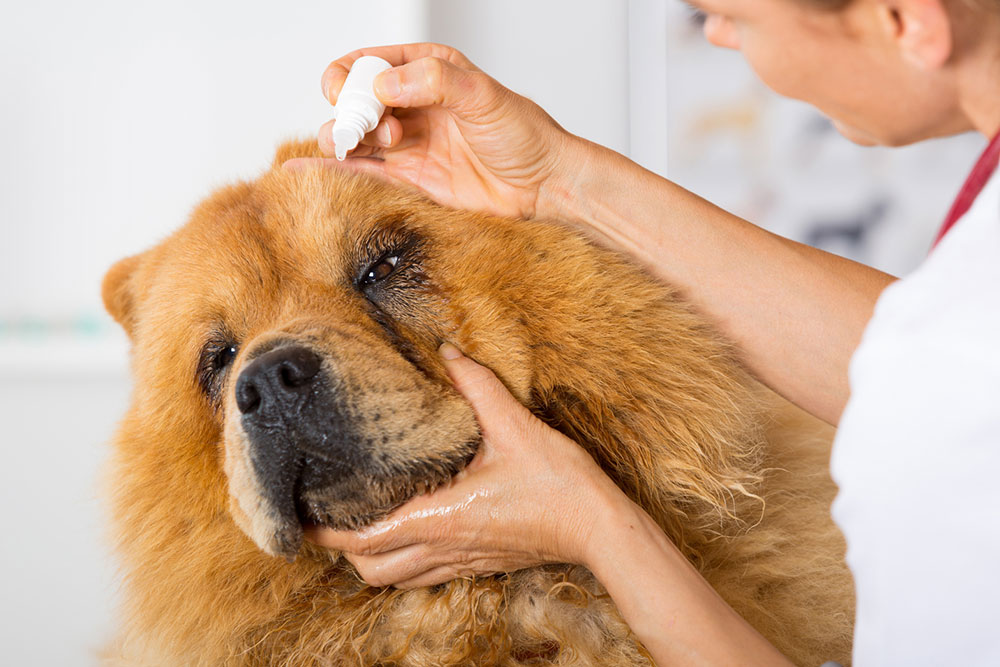Common Dog Allergies and Effective Treatment Strategies
Discover the main types of dog allergies including flea, seasonal, food, airborne, and environmental triggers. Learn effective treatment options such as medicated shampoos, medications, and dietary adjustments to keep your dog comfortable and healthy. Early diagnosis and veterinary guidance are essential for managing these allergies successfully.
Sponsored

Allergies in dogs can pose serious health risks and diminish their overall well-being. Recognizing potential allergies is crucial for ensuring your pet's health. This article explores the most frequent allergies affecting dogs and their management options.
Flea Allergy Dermatitis: A widespread allergy caused when flea saliva triggers allergic reactions. According to veterinary sources, FAD is the leading skin condition among domesticated dogs, especially prevalent during warm seasons like summer.
The bites introduce saliva containing amino acids, enzymes, and histamines, leading to widespread skin issues. To combat FAD, medicated shampoos and flea collars are effective preventive measures.
Seasonal Allergies: Dogs may experience seasonal reactions characterized by sneezing, eye redness, hair loss, itching, and skin rashes. Such allergies typically require medical intervention, with vets prescribing antihistamines like Benadryl to alleviate symptoms.
Food Allergies: About 10% of dog allergies are food-related, resulting from the body's mistaken response to certain ingredients. Symptoms include vomiting, itching, gastrointestinal distress, and ear infections. Identifying and removing the allergenic food through an elimination diet is the primary treatment approach.
Airborne Allergens: Known as atopy, airborne allergens like pollen, mold, and dust can cause itching and respiratory issues. Monitoring when symptoms flare up and consulting a vet for anti-inflammatory medications are recommended strategies.
Environmental Allergies: Dogs playing outdoors may encounter allergens like grass, weeds, and plants. Ensuring proper diagnosis and treatment from a veterinarian is vital, and removing or avoiding specific plants can help reduce exposure.






